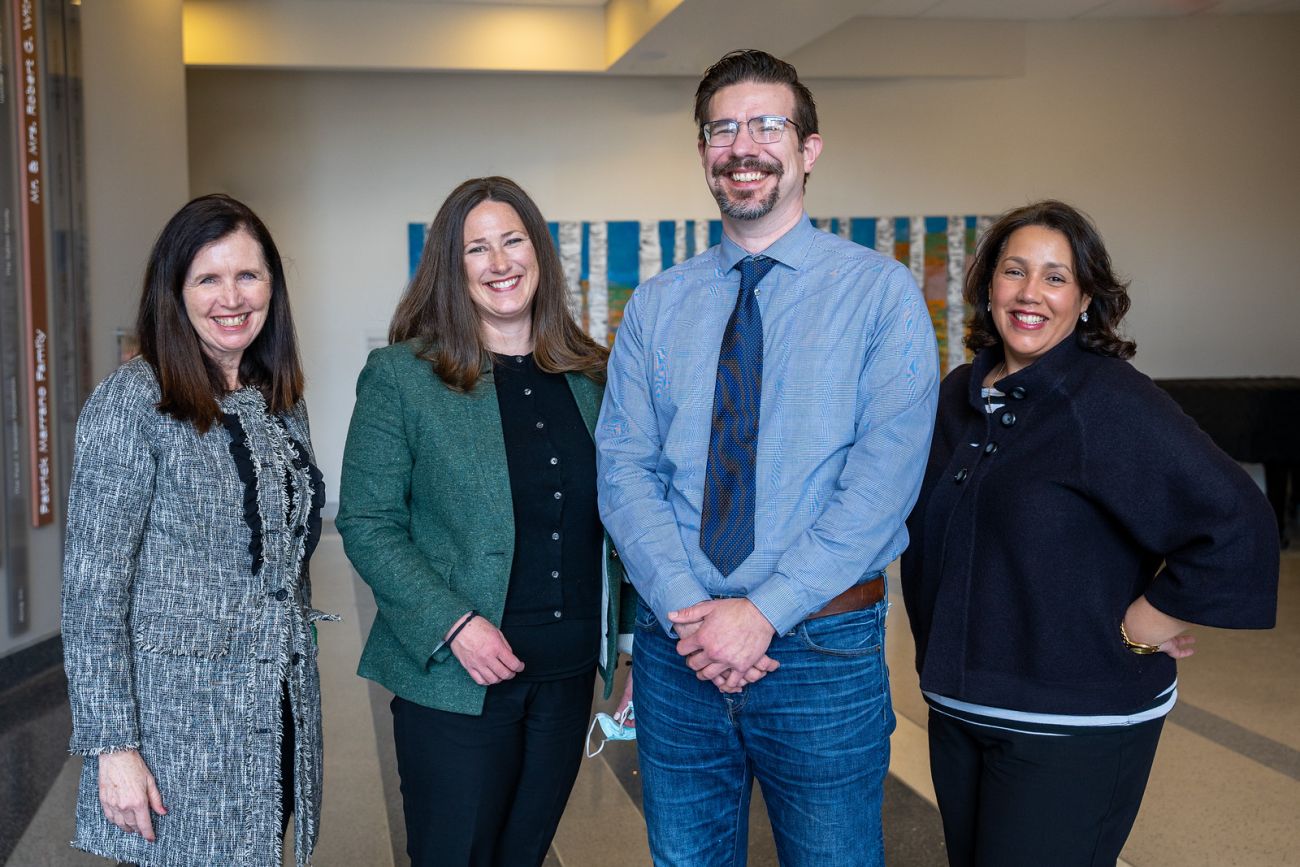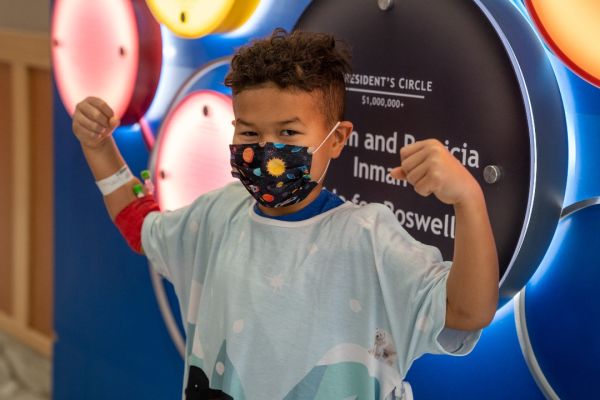This year, more than 10,000 children in the United States will be diagnosed with cancer. Many of these children will have the option to take oral medication for treatment at home. There are many benefits to home-based treatment, as it can be more convenient and less expensive than a trip to the hospital or doctor’s office, but it does transfer extra responsibility to caregivers, who must fully understand and comply with the treatment protocol to ensure these children take their medication on time.
Giving children medication as prescribed by the healthcare team, which is often referred to as “medication adherence,” can be difficult, and the scientific literature has documented nonadherence rates as high as 40-50%. Getting children with cancer to take their medication can cause stress for the caregiver and lead to conflict within the family, and failure to achieve medication adherence can impact the child’s cancer outcomes.
Challenge #1: medication refusal or avoidance
Administering daily medication to young children can be difficult and stressful for parents and others who care for these children. Caregivers must learn how to convince children to swallow bitter or metallic-tasting medicine and develop strategies to overcome a child’s natural resistance to “medicine time.” Some treatment protocols require that caregivers give many different medications daily, sometimes for months or years.
Challenge #2: lack of guidance and support
The doctors and nurses who treat kids with cancer usually provide medication-related information or education to the family members who will be providing care at home and between visits, but the nature of the information provided varies widely. Most medication-related pamphlets or guides focus on dosing schedules or potential side effects but do not include advice or support regarding how to get young children to take their medicine.
Solution: CareMeds intervention
Thanks to a five-year, $3.2 million grant from the National Cancer Institute, a dedicated team of cancer specialists at Roswell Park Comprehensive Cancer Center aims to change all that with a new parenting skills-focused intervention strategy. The strategy — CareMeds — hopes to improve adherence to home-based chemotherapy treatment in children with cancer.
The Roswell Park team behind CareMeds includes Elizabeth Bouchard, PhD, Senior Vice President and Associate Director for Community Outreach and Engagement and Professor in the Department of Cancer Prevention & Control; Kara Kelly, MD, Professor and Chair of the Department of Pediatric Oncology; Elisa Rodriguez, PhD, Associate Professor and Director of Community Engagement Resource in the Department of Cancer Prevention & Control; and Kristopher Attwood, PhD, Associate Professor and Co-Director of the Biostatistics and Statistical Genomics Shared Resource.
“In pediatric healthcare, non-adherence to medications is a significant driver of avoidable suffering and death,” says Dr. Bouchard. “We will develop and test an innovative intervention to teach pediatric cancer caregivers simple but effective strategies to help children take their medicine quickly and calmly.”
Never miss another Cancer Talk blog!
Sign up to receive our monthly Cancer Talk e-newsletter.
The CareMeds intervention consists of three integrated components: (1) creating consistent medication routines, (2) educating caregivers about general child behavior strategies, and (3) providing caregivers with specific parental behavioral techniques such as modeling, empowering and encouraging, behavioral contingencies, and reinforcement.
The team recently demonstrated the feasibility of this intervention in a small group of pediatric cancer caregivers whose children were on a home-based oral medication regimen. All participants in this small test program rated the CareMeds training sessions and resource materials as helpful and reported frequent use of the skills taught in the intervention.
“For many parents of young children, administering daily medication is one of the most stressful parts of cancer caregiving,” says Dr. Kelly. “The results of our preliminary analysis suggest that the behavioral parenting skills taught in CareMeds interventions can significantly improve medication adherence in young children, which will not only help to alleviate this source of stress in these families but also improve cancer treatment outcomes.”
The CareMeds intervention study will run for five years and has three phases.
- First, the investigators will directly observe young children (ages 3-9) with newly diagnosed acute lymphoblastic leukemia (ALL) taking their oral chemotherapy medication at home to identify the behavioral parenting skills that are most impactful.
- Next, parents and caregivers will be asked to keep a daily diary for 21 days to note daily experiences surrounding the child’s chemotherapy medication. The team will analyze these diary entries to identify any barriers to adherence as well as possible intervention targets that could promote more successful adherence, using input from a varied group of caregivers to ensure the recommendations are both useful and practical.
- Finally, the Roswell Park team will conduct a pilot study in which the intervention strategy is used by 100 families of young children with ALL compared with a control group of caregivers who are not part of the intervention. Innovative biomarkers of drug metabolites will be used to directly measure treatment adherence.
The team hypothesizes that the overall findings will support the overall feasibility and success of the CareMeds intervention.





